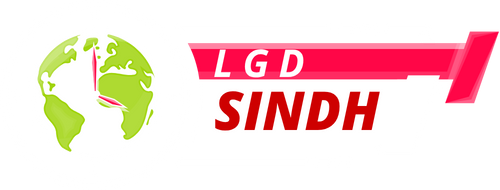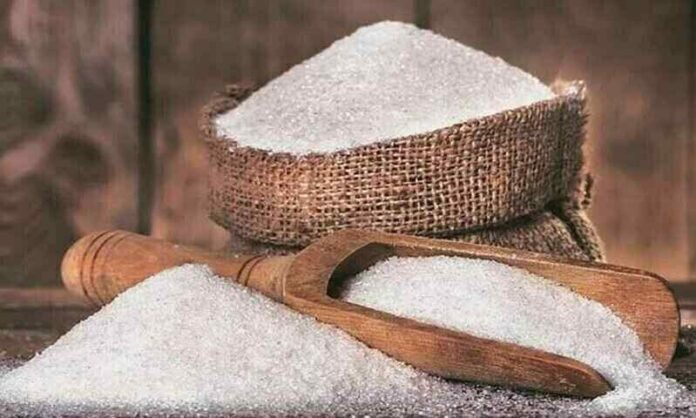Contents
Pakistan’s government has secured International Monetary Fund (IMF) approval for sweeping tax exemptions on sugar imported by the state-owned Trading Corporation of Pakistan (TCP), a move officials say could help ease pressure on domestic prices.
Heavy Sugar Tariffs Lifted for Government Purchases
A senior Federal Board of Revenue (FBR) official, Dr. Hamid Ateeq Sarwar, told a National Assembly committee on Tuesday that sugar imports—normally taxed at 47.5%—will now face only a 5% levy when brought in by TCP. The original tax structure included a 20% customs duty, 18% sales tax, 3% value-added tax, and a 6.5% income tax.
The tax break applies solely to government imports, with private traders still subject to full duties. Pakistan has not imported sugar since 2021, so the exemptions carry little immediate revenue loss for the treasury.
Balancing Exports and Imports Amid Low Yields
Pakistan exported 750,000 metric tons of sugar earlier this year and now plans to import 250,000 metric tons. Officials describe the move as cost-neutral, aimed at stabilizing domestic supplies.
Production has been hit by weaker-than-expected sucrose content in sugarcane, which has averaged 6.5–8% instead of the anticipated 10%. The decline has tightened domestic supply and pushed prices up.
Sugar Advisory Board Backed Exports
The decision to export sugar was made by the federal cabinet on the recommendation of the Sugar Advisory Board (SAB), which includes government agencies, sugar millers, and farmer representatives.
Using FBR’s Track and Trace System, which monitors output from 79 of the country’s 81 mills, SAB confirmed the presence of a 540,000-tonne buffer—roughly one month’s national demand—before greenlighting exports.
Currently, mills are releasing around 18,000 tonnes of sugar daily. However, Sarwar cautioned that production forecasts remain uncertain due to potential flood risks.
Domestic Prices Outpace Global Rates
Officials told lawmakers that Pakistani sugar has cost more than global supplies in seven of the last ten years, though prices briefly dipped below international levels from 2021 to 2023. The landed cost of imported sugar, including all taxes and freight, stands at Rs197 per kg—roughly 40% cheaper than local prices.
Cartelization Fines and Regulatory Scrutiny
The hearing also touched on penalties against sugar mills for price-fixing. The Competition Commission of Pakistan (CCP) has slapped mills with Rs44 billion in fines after investigations into collusion between 2009 and 2021. The case is now back with the CCP after an appellate review.
Meanwhile, the Securities and Exchange Commission of Pakistan (SECP) submitted updated director profiles for 191 sugar-related firms. Lawmakers also requested a review of deregulation proposals from a committee led by Power Minister Sardar Awais Leghari, signaling broader reforms may be on the horizon for Pakistan’s sugar industry.


